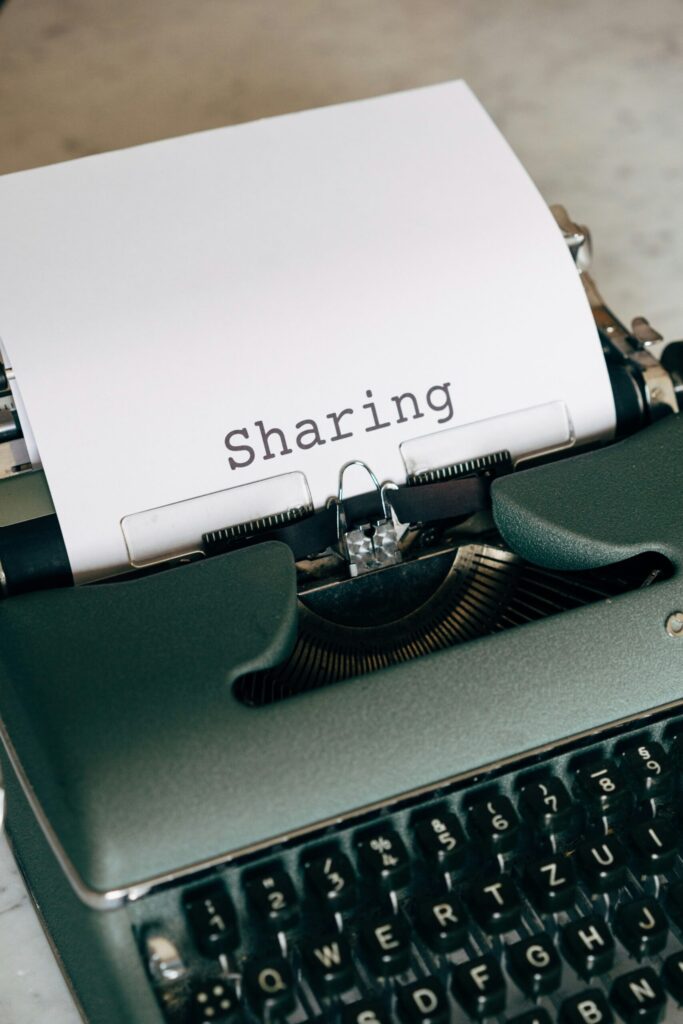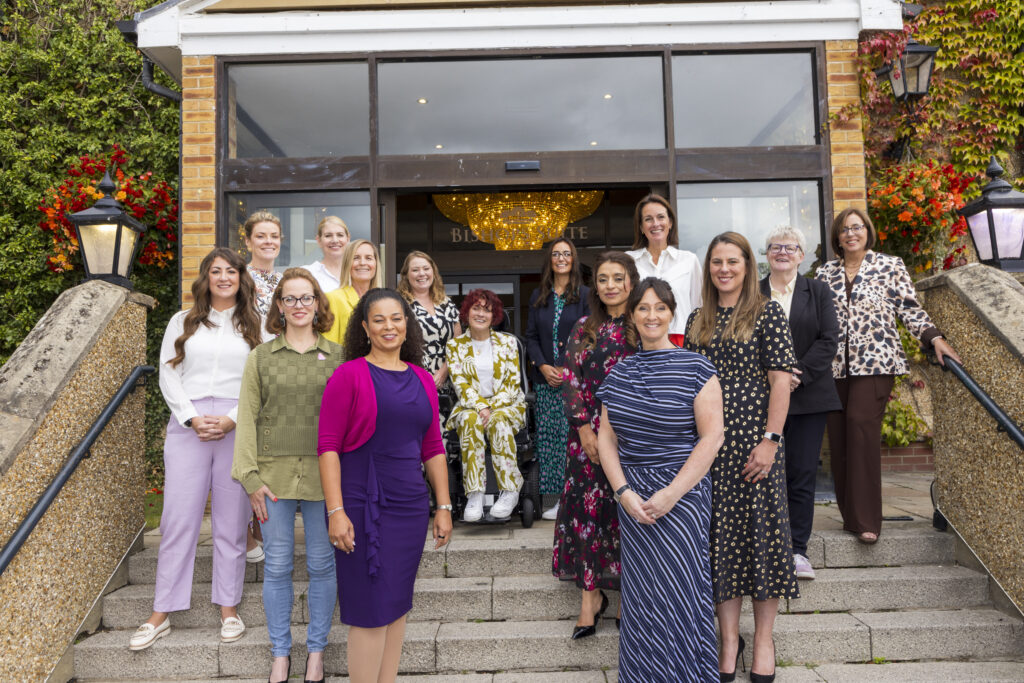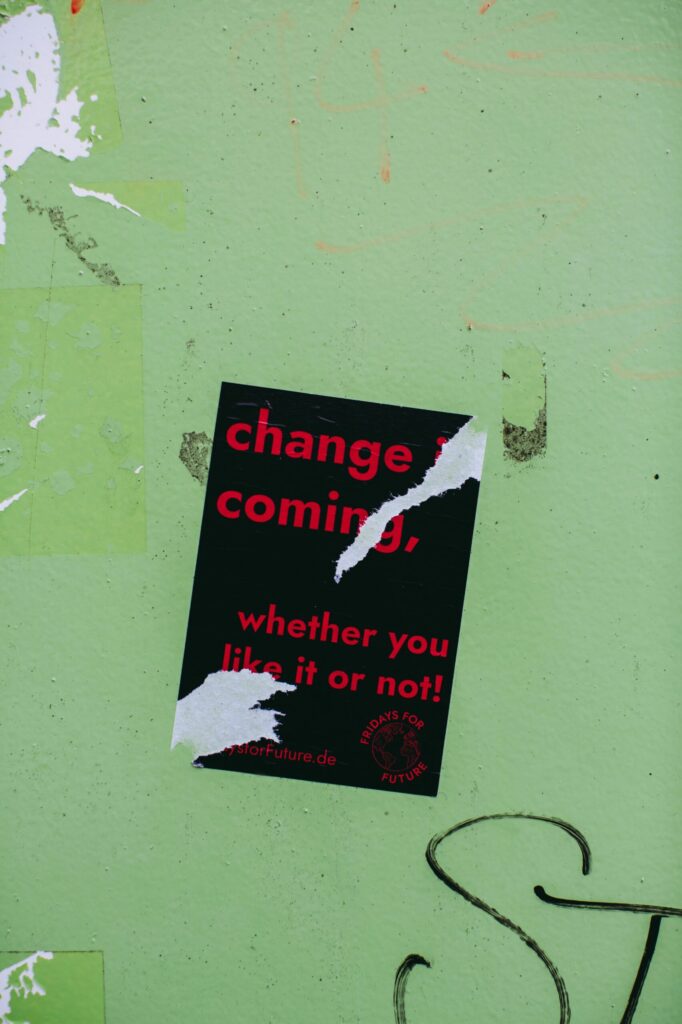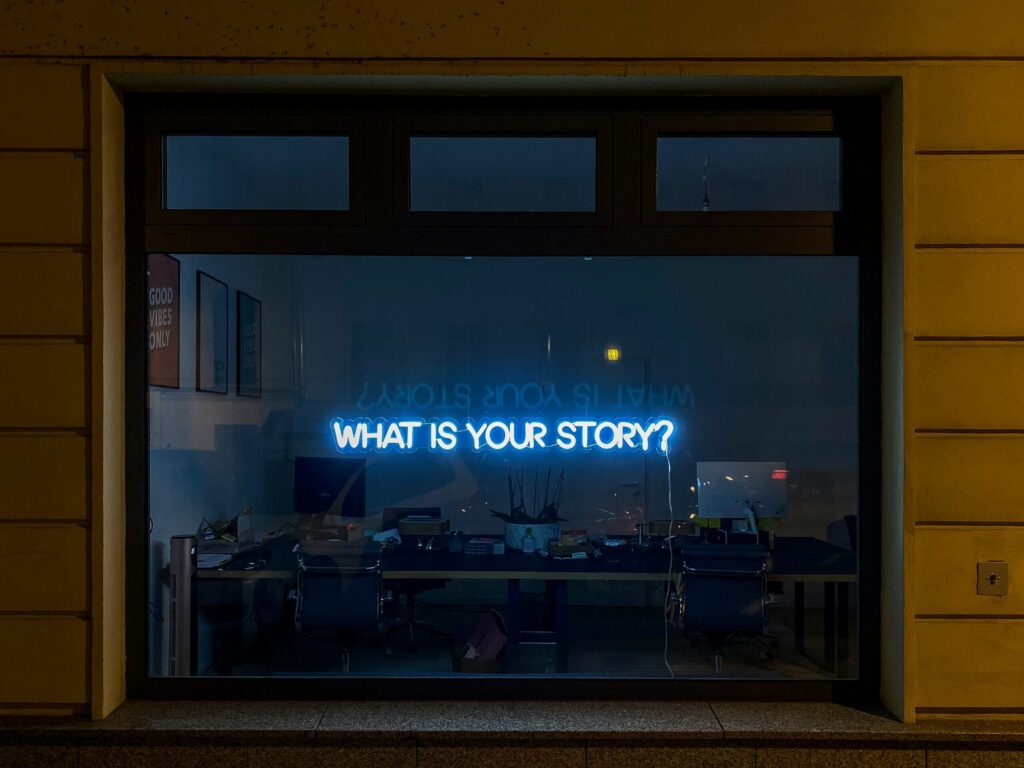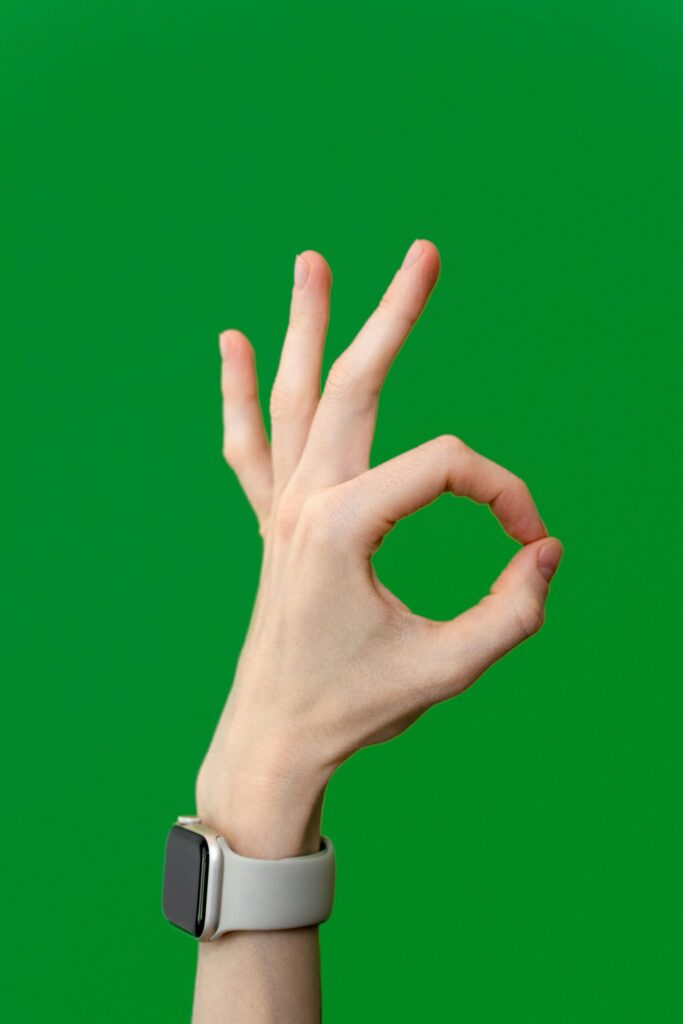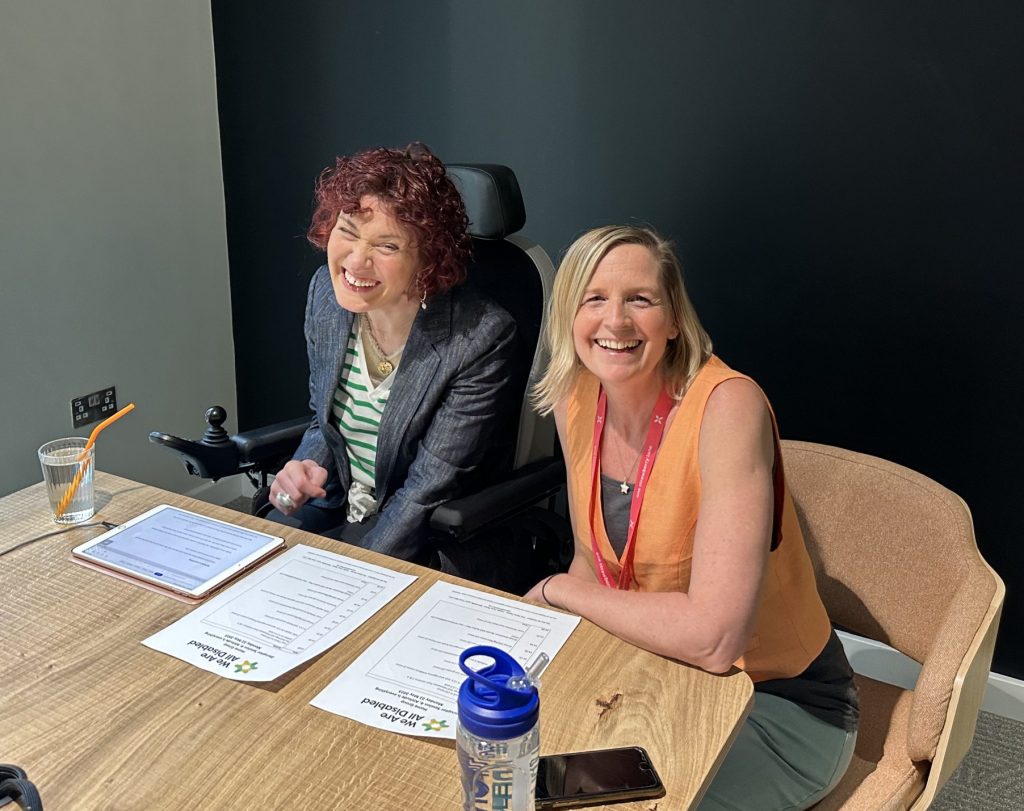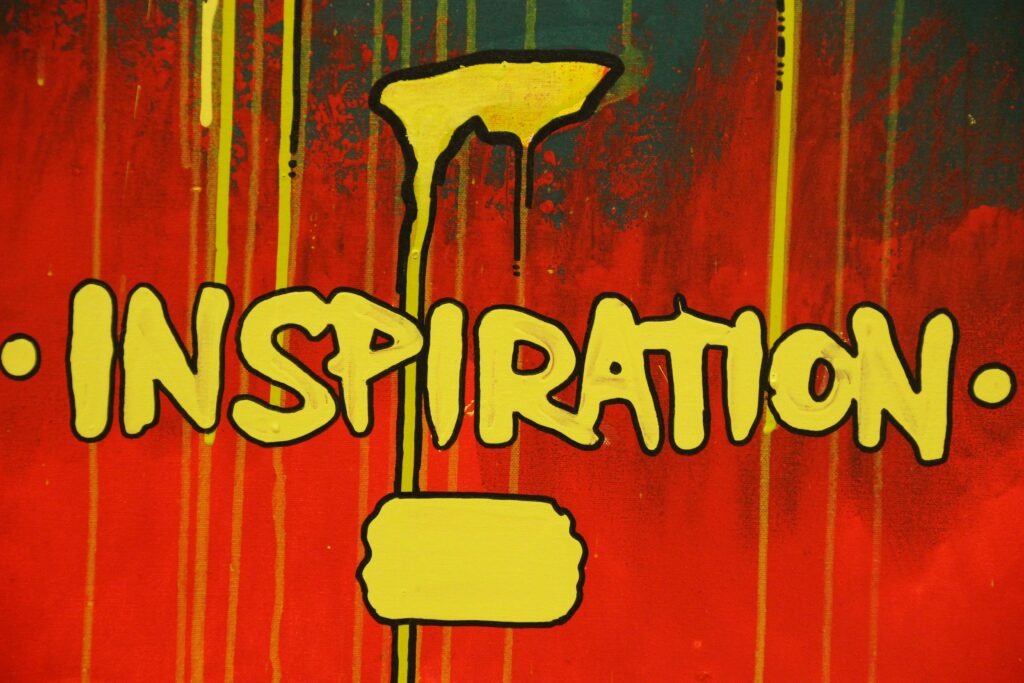At the end last year I was very pleased to be invited to give a keynote presentation at the virtual Student Representation and Cultural Identity Conference at Teesside University.
Planning the content of the presentation was fairly straight forward. What was more challenging was working out the logistics of how much content I could cover in the allocated time. Because my disability impacts on my speech, talking for extended lengths of time is physically demanding for me and therefore very tiring. I also tend to speak more slowly than average so it was particularly important to me to be well-prepared and well-rehearsed to ensure that I included all the relevant points.
In my speech I talked about models of disability, the development of perceptions and implicit bias and my own personal experiences of how I am perceived as a disabled person. Like myself, many disabled people feel marginalised from society because we are perceived to be ‘different’.
I further spoke about the importance of embracing difference and individuality and that I strongly believe the more we open ourselves up to difficult conversations and try to understand other people’s points of view, the more open and accepting society will become.
For me, this is a key objective of me speaking about perceptions of disability and sharing my own story because it encourages people to explore challenge and change their own perceptions. What I spoke about seemed to strike a chord with many of the students and delegates, both in terms of their academic studies, but also on a personal level. I received many comments and questions – far beyond the 10 minutes originally set aside for Q&As! The topics and issues raised were fascinating and it was also extremely heartening and moving to see and hear people open up about their own disabilities and the challenges they face.
In addition to the positive feedback I received on the day, a number of delegates contacted me following the conference. I was delighted to receive the following comments from a fellow academic who also has cerebral palsy:
“I also wanted to thank you for introducing me to the affirmative model of disability. This was the first time I’d heard of it, and I often get frustrated with both the medical and social models because I feel they don’t adequately capture the lived disability experience, especially with cerebral palsy. The affirmative model seems to more closely line up with my lived experience. I am also potentially interested in the conference you mentioned.”
I am so pleased that my work is having such a positive impact and making a difference already. It can be challenging to put yourself out there but I do believe that being open and honest about my own disability encourages others to do the same. This in turn opens up conversations about disability and perceptions and attitudes will begin to change.
If you would like to book me to speak at your conference or event then do drop me a line at lucy@wearealldisabled.com or visit my website https://www.lucyreynoldsphd.com.
Photo by Kane Reinholdtsenon Unsplash


